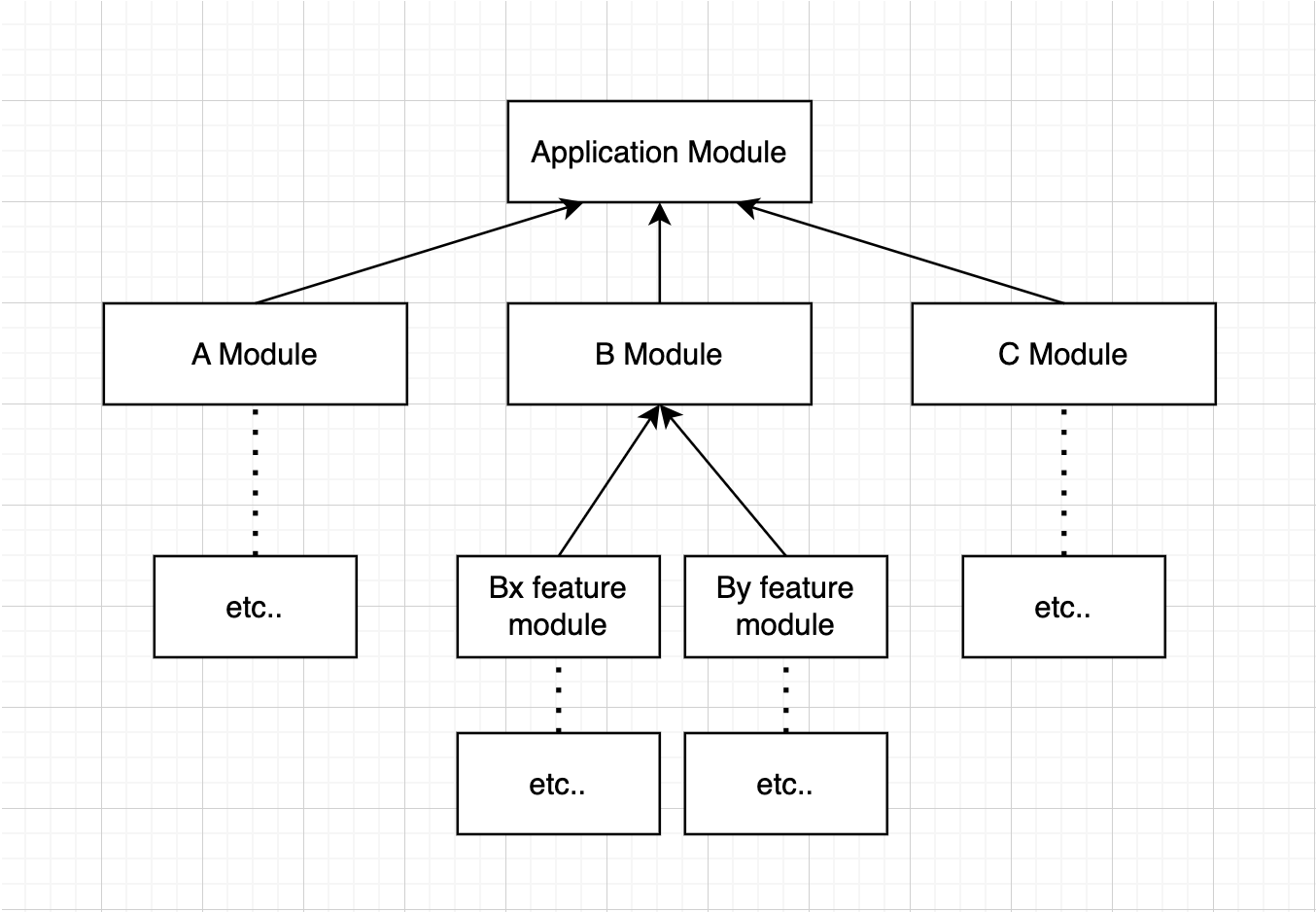Module, Controller, and Service
The folder structure
.
├─ app.module.ts
└─ common
├─ common.module.ts
├─ common.controller.spec.ts
├─ common.controller.ts
├─ common.service.spec.ts
└─ common.service.tsModule
A module is a class annotated with a @Module() decorator. The @Module() decorator provides metadata that Nest makes use of to organize the application structure. - Source
You can create module through this documentation. After the module is finished, you can import that to the root module (or app.module.ts)
ts
import { Module } from '@nestjs/common';
import { CommonController } from './common.controller';
import { CommonService } from './common.service';
@Module({
controllers: [CommonController],
providers: [CommonService],
})
export class CommonModule {}ts
import { Module } from '@nestjs/common';
import { CommonModule } from './common/common.module';
@Module({
imports: [CommonModule],
})
export class AppModule {}
Controller
Controllers are responsible for handling incoming requests and returning responses to the client. - Source
Routing
@Controller decorator are required on the controller file. The 'common' is optional route path prefix if you want to customise.
ts
import { Controller, Get } from '@nestjs/common';
import { CommonService, ICommonResponse } from './common.service';
@Controller('common')
export class CommonController {
constructor(private readonly commonService: CommonService) {}
@Get()
getCommonResponse(): ICommonResponse {
return this.commonService.getCommonResponse();
}
}Service / Providers
The service or provider handles the complex task after the task is delegated by the controller.
ts
import { Injectable } from '@nestjs/common';
export interface ICommonResponse {
success: boolean;
message: string;
}
@Injectable()
export class CommonService {
getCommonResponse(): ICommonResponse {
return {
success: true,
message: 'Nest JS is running!',
};
}
}